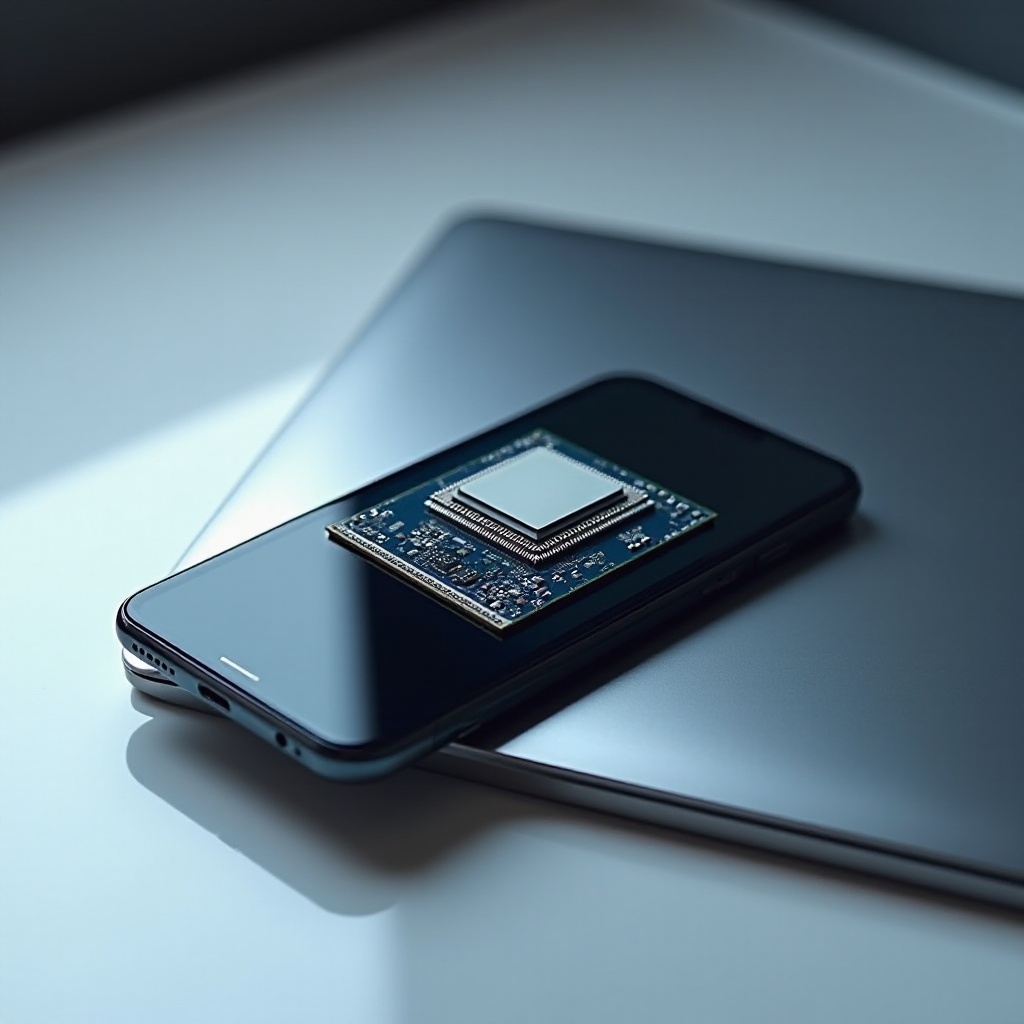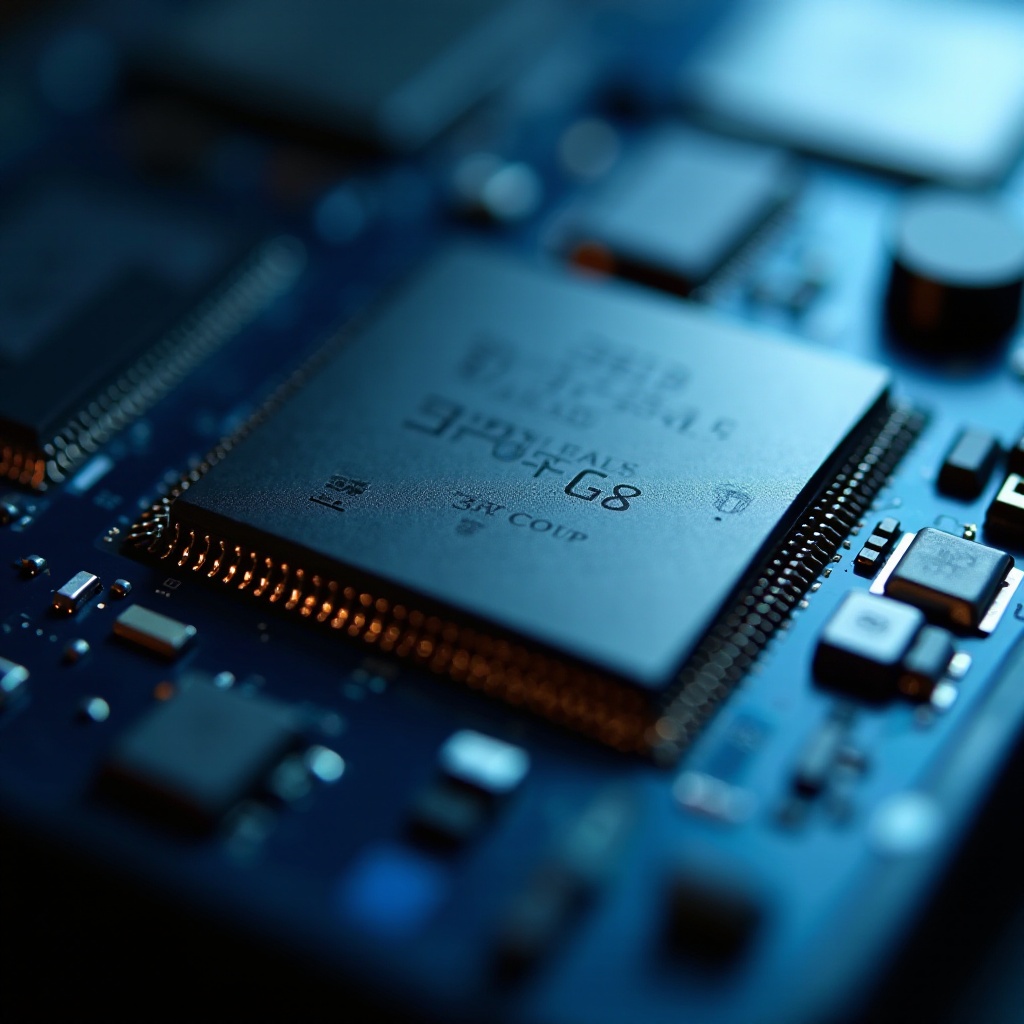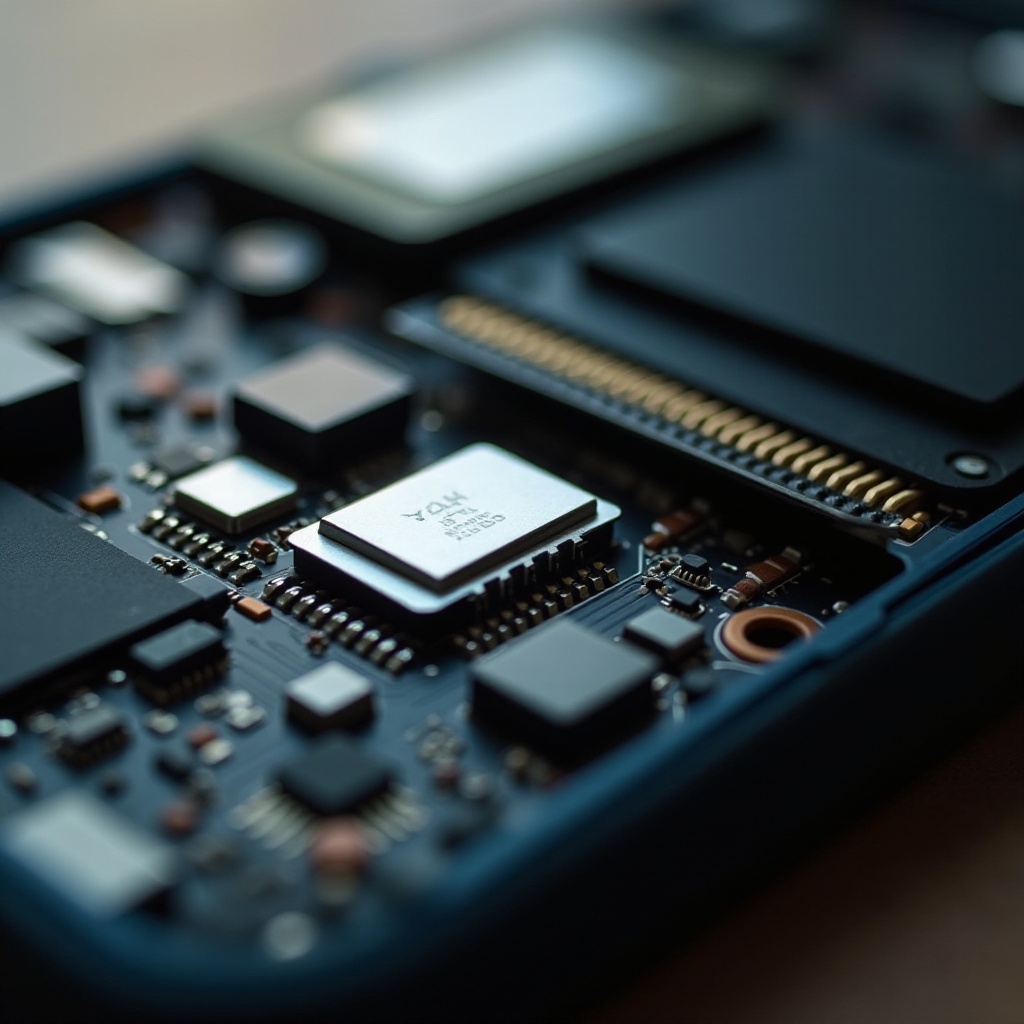Introduction
When choosing a smartphone, you’re often greeted with a barrage of specifications, prominently featuring both the processor and RAM. Understanding the importance of these components can make your purchasing decision clearer. In a nutshell, both the processor and RAM significantly impact your phone’s performance, but they serve different purposes. Let’s delve into what makes each essential and how to balance their roles in your next smartphone purchase.

The Basics of Smartphone Processors
A smartphone processor, often referred to as the CPU (Central Processing Unit), is the brain of your device. It handles every command and task, runs the operating system, and manages all applications. Essentially, it drives the performance and responsiveness of the phone.
Modern smartphone processors contain multiple cores, usually ranging from two to eight. Each core can handle separate tasks concurrently, thus improving multitasking capabilities. Brands like Qualcomm’s Snapdragon, Apple’s A-series, and Samsung’s Exynos are popular and known for their performance and efficiency.
The Key Functions of a Processor:
- Task Management: Executes commands, launches apps, and processes user inputs.
- Resource Allocation: Distributes tasks evenly among various cores.
- Performance Boosts: Enhances speed and efficiency for demanding applications.
Processors also play a crucial role in battery management, employing sophisticated algorithms to maintain a balance between performance and power consumption.

Understanding RAM in Smartphones
RAM (Random Access Memory) is the short-term memory of your smartphone. It temporarily stores data for running applications, making quick access possible. More RAM allows your phone to handle more tasks simultaneously without slowing down.
Functions of RAM:
- Data Storage: Keeps current apps and system processes readily accessible.
- Multitasking Efficiency: The more RAM, the better your phone can juggle multiple apps.
- Quick Access: Ensures that apps reopen instantly instead of reloading from scratch.
Unlike a hard drive where data is stored permanently, RAM data is volatile, meaning it’s wiped clean when the phone shuts down or restarts. Thus, having sufficient RAM is crucial for smooth operation, particularly when running demanding applications or multiple apps.
Processor vs RAM: A Detailed Comparison
Both the processor and RAM are instrumental in impacting your smartphone’s overall performance. However, they do so in distinct ways. Let’s break down their contributions across various scenarios.
Performance in Daily Tasks
For everyday activities like browsing the web, texting, or using social media, the processor ensures that these actions are fast and responsive. While RAM plays a part, the processor dictates how quickly these tasks are executed. Therefore, a mid-range processor paired with moderate RAM is usually sufficient for smooth performance in daily tasks.
Multitasking Capabilities
When it comes to multitasking — switching between multiple applications, running several background processes, etc. — RAM takes the spotlight. More RAM means your phone can keep more apps stored in ready-to-launch states, offering seamless transitions. However, the processor also plays a role in how efficiently these operations are executed, especially in managing resource allocation.
Gaming and Heavy Applications
For gaming enthusiasts or those using resource-heavy applications like video editing apps, both the processor and RAM are crucial. High-performance processors ensure the games or applications run smoothly without lag. Meanwhile, ample RAM ensures these apps can perform alongside others without causing the phone to slow down.
Real-World Scenarios
Understanding theoretical aspects is one thing, but seeing how these components play out in real-world conditions can provide clearer insight.
Low RAM, High Processor Configurations
Phones with powerful processors but limited RAM might run single applications fast, but struggle with multitasking. Opening several apps or browser tabs can result in slower performance due to RAM constraints.
High RAM, Low Processor Configurations
Conversely, phones with more RAM but weaker processors can manage many apps but may not handle demanding tasks efficiently. Performance lags become apparent in gaming or during intensive processing tasks.
Balanced Configurations
The ideal scenario is a balance between a decent processor and sufficient RAM. Balanced configurations excel in both single-task and multitasking scenarios, offering a smooth and efficient user experience across the board.

Expert Insights and User Experiences
Tech experts and users alike emphasize the synergy between processor and RAM for optimal performance. Reviews often highlight how well-balanced configurations provide the best blend of speed, efficiency, and multitasking capabilities.
For example, experts suggest that flagship processors, paired with at least 6GB of RAM, should suffice for most users, offering smooth and lag-free performance. User experiences underline that more isn’t always better if the balance between processor and RAM is disrupted. Thus, it’s about finding the right mix rather than going for extremes.
Conclusion
To conclude, neither the processor nor the RAM can claim sole importance. Both components are vital to your smartphone’s performance but in different ways. The processor handles core operations and performance speed, while RAM ensures efficient multitasking and smoother transitions between apps. When choosing your next phone, consider what you use it for most to determine the right balance of processor power and RAM size.
Frequently Asked Questions
Does more RAM make my smartphone faster?
More RAM can improve multitasking and ensure smoother operation of multiple apps, but it impacts the speed primarily when switching between apps.
How does the processor affect battery life?
The processor can significantly affect battery life. Efficient processors like those using 7nm or smaller process nodes consume less power while delivering robust performance.
Is it better to have a high processor or more RAM for running multiple apps?
For running multiple apps, both a high processor and ample RAM are important. However, RAM directly affects how many apps can run simultaneously, while the processor determines the speed and efficiency of operations.

